In 1791 the first ever tax on a domestic product was enacted by the newly formed Government of the United States. The stated intent of the “Whiskey Tax” was to pay down the debt incurred during the Revolutionary War. Farmers, many who were War Veterans, were accustomed to distilling their excess rye, barley, wheat and corn into whiskey and resisted the new tax citing the very principals of the Revolutionary War.
There were periodic violent outbreaks and the use of intimidation to prevent collection of the tax. Tensions came to a head in July of 1794 in western Pennsylvania following writs being served to distillers who had not paid the tax. 500 armed men laid siege to the home of the tax inspector General John Neville. When peace negotiators failed to quell the uprising now President George Washington himself rode at the head of 13,000 troops provided by the Governors of Virginia, Maryland, New Jersey and Pennsylvania. The rebels thought better of their circumstances and disbanded prior to the arrival of the troops. No shots were fired and about 20 were arrested, all later acquitted or pardoned.
Below is the Flag of the Whiskey Rebellion.

